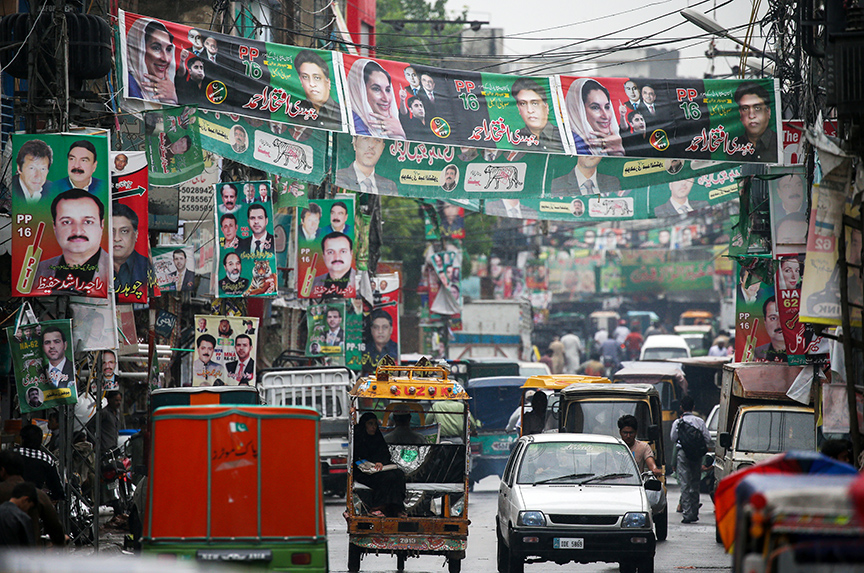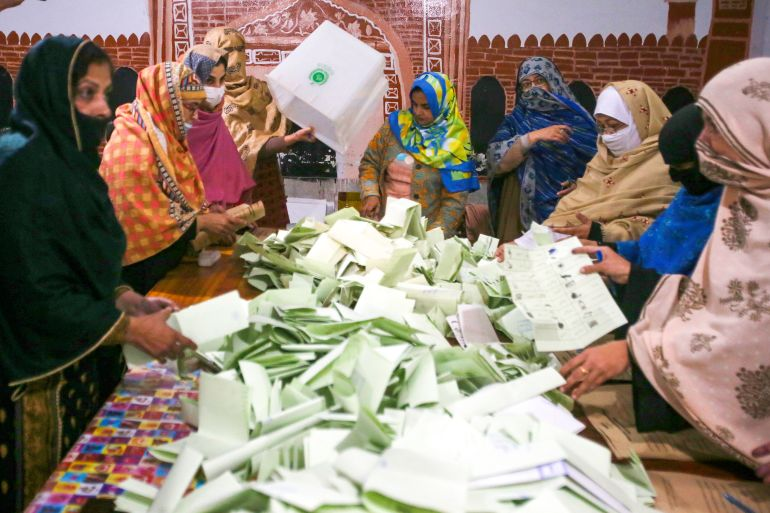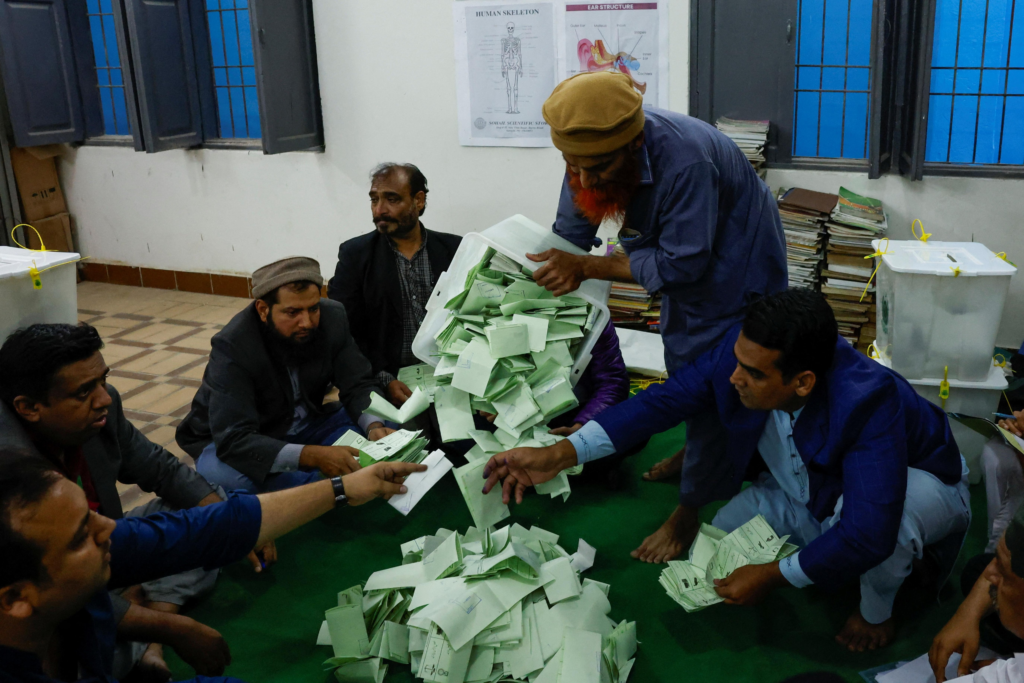Pakistani Elections: Shaping the Future of Democracy
Introduction: The Essence of Pakistani Elections
Elections are the heartbeat of democracy, and in Pakistan, they play a crucial role in shaping the nation’s destiny. From the bustling streets of Karachi to the serene valleys of Swat, millions of Pakistanis come together to choose their leaders and influence policies. This democratic exercise not only reflects the people’s voice but also defines the country’s political landscape. In this blog, we dive deep into the history, process, impact, and future of elections in Pakistan.
1. A Brief History of Elections in Pakistan
Since its independence in 1947, Pakistan’s journey towards democracy has been marked by highs and lows. The first general election was held in 1970, leading to historic political changes. However, the political scene has also seen periods of military rule, political instability, and controversies. Despite these challenges, Pakistan has shown resilience, gradually strengthening its democratic institutions. The general elections of 2018 marked a significant milestone, showcasing a competitive political environment and an increasingly aware electorate.
2. Electoral Process and Systems
The electoral system in Pakistan follows a parliamentary form of government. The country is divided into constituencies, and representatives are elected through a first-past-the-post system. The National Assembly and Provincial Assemblies are chosen through direct voting, while the Senate is elected by members of the provincial assemblies. The Election Commission of Pakistan (ECP) ensures that elections are conducted fairly and transparently.
Key Steps in the Electoral Process:
- Voter Registration: Citizens aged 18 and above can register to vote.
- Candidate Nomination: Political parties and independent candidates submit their nominations.
- Campaigning: Parties engage in rallies, media debates, and social media campaigns.
- Polling Day: Voters cast their ballots at designated polling stations.
- Counting and Results: Votes are counted, and results are announced by the ECP.
3. Political Parties and Campaigns
Pakistan’s political landscape is vibrant, with several major parties, including Pakistan Tehreek-e-Insaf (PTI), Pakistan Muslim League (Nawaz) – PML(N), and Pakistan Peoples Party (PPP). Campaigns are a crucial part of the election process, with parties presenting their manifestos and engaging with the public through rallies, media, and digital platforms. Social media has become a powerful tool, influencing public opinion and mobilizing voters.
4. Challenges and Controversies
Elections in Pakistan are often marred by challenges such as:
- Allegations of Rigging: Claims of electoral fraud have been a recurring issue.
- Violence and Security Concerns: Threats to candidates and political violence impact voter turnout.
- Voter Suppression and Disinformation: Misinformation campaigns and allegations of biased media coverage affect electoral transparency.
- Gender Gap in Voting: Cultural and societal barriers restrict women’s participation in certain regions.
5. Impact on Governance and Society
Elections significantly impact Pakistan’s governance, economy, and society. The elected government’s policies shape economic growth, social welfare, and international relations. A democratic government ensures accountability, transparency, and public participation in decision-making. Moreover, elections influence public sentiment, fostering a sense of unity and national identity.
6. The Future of Elections in Pakistan
As Pakistan moves towards digital transformation, the possibility of electronic voting systems and biometric verification is being explored. The ECP is also working towards enhancing voter education and ensuring greater participation of women and minorities. For Pakistan to strengthen its democracy, electoral reforms, transparency, and political stability are essential.
7. Your Role as a Voter
In a democracy, every vote counts. As a Pakistani citizen, exercising your right to vote is not only a responsibility but also a contribution to the nation’s future. Stay informed, verify facts, and participate actively in the democratic process.
Conclusion: Democracy in Action
Elections are the cornerstone of democracy, reflecting the people’s will and shaping Pakistan’s political future. Despite challenges, Pakistan continues to evolve as a vibrant democracy. As responsible citizens, let’s engage positively, promote electoral integrity, and work towards a prosperous Pakistan.
Call to Action
Are you ready to shape Pakistan’s future? Register to vote, stay informed, and make your voice heard in the next election. Together, we can build a stronger democracy!
This comprehensive blog provides an insightful look into the election process, history, challenges, and the role of voters in Pakistan. If you need any modifications, images, or additional sections, let me know!



